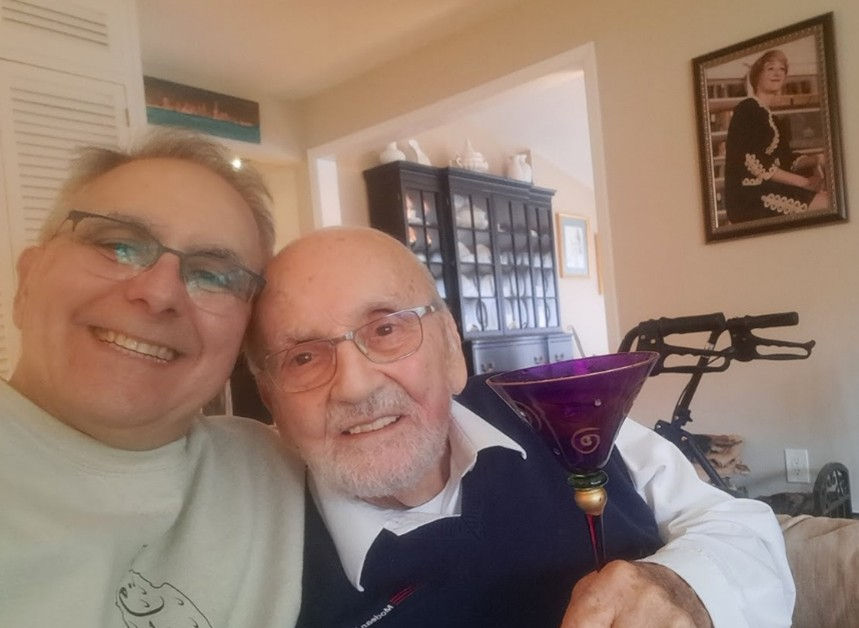Re-aligning Community Priorities with Threats: Air Quality vs Surveillance
- mhazzam22

- Jun 26, 2020
- 3 min read
Updated: Jul 2, 2020

George Floyd’s last words “I can’t breathe” has become the modern day “shot heard around the world”. It has awakened societies across the globe to persistent systematic racial injustices. It has triggered a deep introspection in all facets of the American society: from early education to policing, from entertainment to the workplace.
Those very same words also resonate with the COVID pandemic and pre-existing conditions that make far too many people - particularly low income and people of color - vulnerable. Direct links have been established between local air quality and COVID deaths[1]. Most North American studies have shown that areas of low socioeconomic status experience higher concentrations of criteria air pollutants[2]. This is proven out in the COVID’s fatality statistics. The impact of air quality on our collective livelihood goes much beyond COVID. For example, consider the clear linkage between air quality and dementia[3] and all the associated costs and burdens that this disease has brought upon society many decades before COVID. There are many such relationships between disease, life-expectancy, and air quality. One study[4] indicates that the reduction of emissions in Wuhan may have saved as many as 77,000 lives that would have ordinarily been taken by diseases and maladies resulting from air pollution other than COVID. In the United States, it is estimated that air pollution takes 100,000 to 200,000 lives per year[5]. Contrast that to crime in this country that takes between 14,000 to 20,000 lives over the same period[6].
George Floyd’s final pleas for air has understandably been parlayed into cries of “defund the police”. The police in this country have too often been used as a blunt instrument to deal with too many of society’s ills. They seem to be placed in the front line of every form of disruption and trauma and expected to perform flawlessly...with only a modicum of training for many of the situations. Such broad mandates with inadequate preparation have enabled police departments across the country to amass significant budgets and power within towns and cities. This influence often inhibits critical reforms and meaningful change - serving a vicious cycle that protects the status quo. The time to shatter that cycle has clearly arrived. Recent events could not shine a brighter spotlight on the desperate need to "re-invent” policing. This process must integrate with the re-assessment of priorities by the broader communities to which police forces serve.
Consider again the contrast between air quality and crime. As referenced above, on average, air quality threatens an order of magnitude (10x) more lives in a US community than crime does. Conversely, the market for surveillance cameras is estimated to reach $76 Billion by 2025[7], while the market for air quality sensors is forecasted to reach $7 Billion by 2027[8] - an order of magnitude less – and inversely proportional to the number of annual fatalities associated with each. Admittedly, this is just one example and far from a rigorous analysis by any standard. Still the differences are sufficiently stark for community leaders to probe deeper and think more creatively. In the re-evaluation process that lies ahead for so many of our communities, leaders might keep at top of mind, the comparison of an air quality sensor’s purpose/impact with that of a surveillance camera. They might find that by applying this example, they happen upon multiple innovative, balanced, and cost-effective ways to better treat what ails their community.
[1] https://projects.iq.harvard.edu/files/covid-pm/files/pm_and_covid_mortality.pdf [2] https://www.ncbi.nlm.nih.gov/pmc/articles/PMC4626327/ [3] https://www.motherjones.com/environment/2015/06/air-pollution-dementia-alzheimers-brain/ [4] https://www.forbes.com/sites/jeffmcmahon/2020/03/16/coronavirus-lockdown-may-have-saved-77000-lives-in-china-just-from-pollution-reduction/#f51334134fe3 [5] https://www.forbes.com/sites/rogerpielke/2020/03/10/every-day-10000-people-die-due-to-air-pollution-from-fossil-fuels/#77a59b7a2b6a [6] https://www.cdc.gov/nchs/fastats/homicide.htm [7] https://www.marketsandmarkets.com/Market-Reports/video-surveillance-market-645.html [8] https://www.transparencymarketresearch.com/air-quality-monitoring-equipment-market.html




Beyond the hardware itself, the 'data' from surveillance cameras and AQ sensors is important to consider. In each case, how is all that data being used for the public's benefit? How much access do we (as the people who funded the hardware in the first place) have to the resulting data products? How do those data products reduce everyday threats to our communities? In many communities across the globe (and the US) air pollution is the bigger threat. Empowering communities to quantify it and do something about it, that's the hard work worth doing.